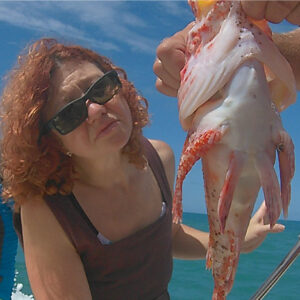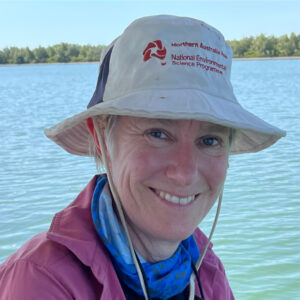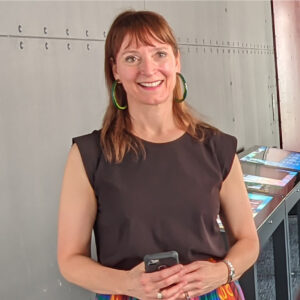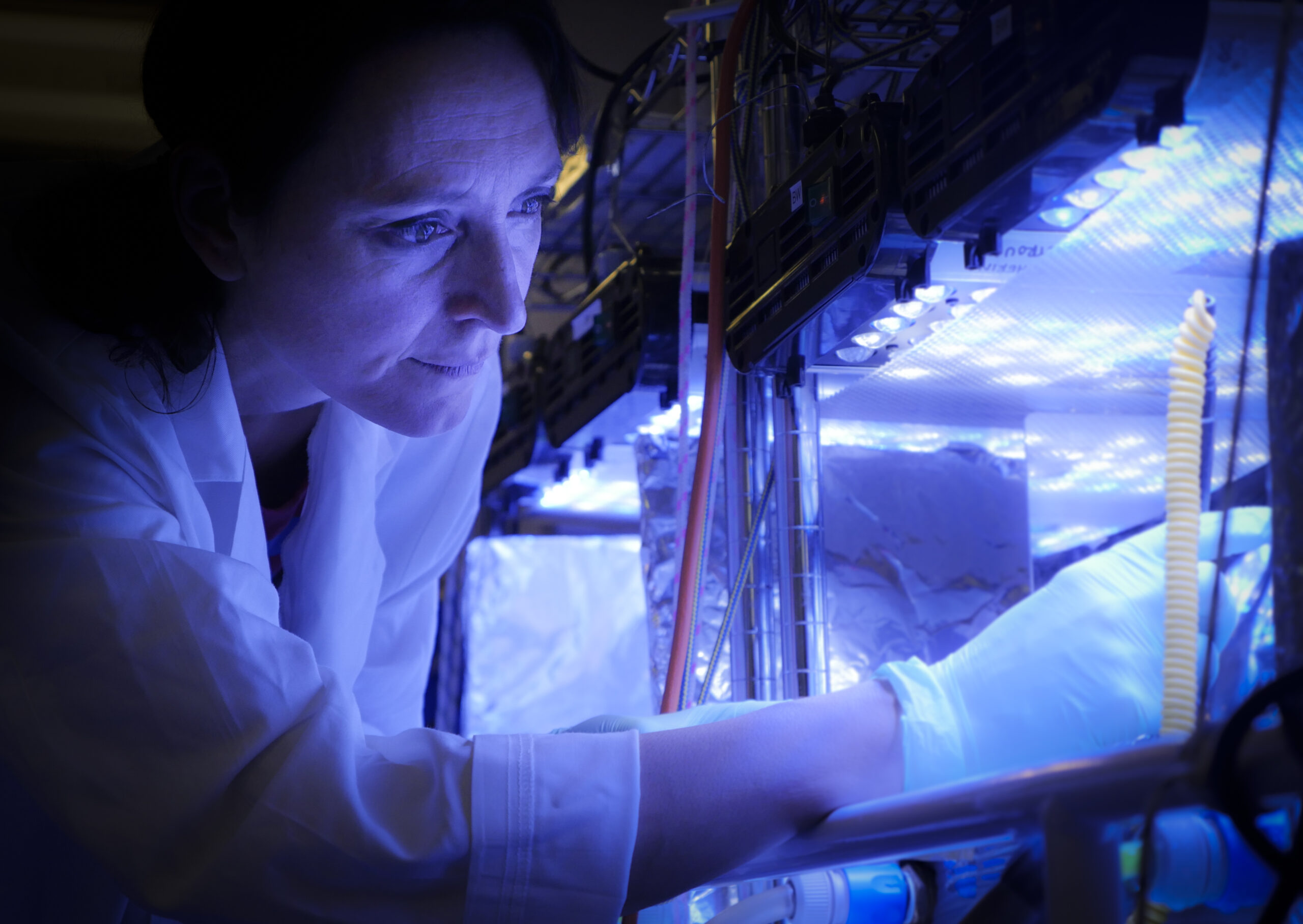Today is United Nations International Day of Women and Girls in Science. To celebrate, we are highlighting some of the inspiring scientists at IMOS.
We spoke with three women about their roles, what drew them to a career in science, and their advice for girls and young women considering a future in STEM.

Professor Selina Stead
Who are you, and what’s your role in IMOS?
I am the CEO of the Australian Institute of Marine Science and a member of the IMOS Board.
What drew you into the world of science?
When I was 12 years old, we visited my mum’s friend in Washington, D.C. During our visit, after asking what I wanted to be—and hearing my enthusiastic reply, “a shark biologist”—she suggested that I call Eugenie Clark, an American ichthyologist (fish biologist) and professor at the University of Maryland. Eugenie, better known as the “Shark Lady,” was still diving at the age of 91!
When Eugenie returned my phone call and generously offered her advice on what to study, I remember feeling as though I were talking to a friend. She was so engaging and passionate about sharing her love for understanding sharks that minutes soon turned into hours. That day, I made up my mind—I would become a marine biologist.
What’s the best part about being a scientist?
Endless curiosity about oceans and realising the more we learn, the more there is to learn!
What would you say to young girls and women thinking about being a scientist?
If you love the idea of diving, studying marine life, testing cool underwater gadgets, and spending your workdays on a research vessel, then marine science could be the perfect career for you!
Marine science is an incredible field with so much left to discover. It also allows you to make a real impact on some of the most important and pressing issues of our time, from climate change to biodiversity conservation.
Right now, we are at a critical point in ocean health. Tropical marine ecosystems in Australia and around the world are highly vulnerable to the effects of climate change, and the need for skilled scientists has never been greater.
No matter what area of science interests you, a career in marine science can make a real difference—not just for the planet but for people, too. Whether you’re passionate about research, conservation, or technology, this field offers countless opportunities to contribute to a healthier future.

Professor Michele Burford
Who are you and what is your role in IMOS?
I work at Griffith University and am on the IMOS board as an independent scientist. My expertise is in marine and freshwater ecology, with a particular interest on how human activities affect the aquatic environment. As part of the IMOS board, I really enjoy learning about all the amazing technology being used to measure all kinds of things related to climate, weather, ecosystem health, water quality. There are so many dedicated and smart people working with IMOS.
What drew you into the world of science?
I have always had a love of natural places and I kind of fell into research on aquatic systems. Ecology is so complicated and there so much to try and understand. I enjoy doing science which challenges me but also provides a better world for us, and the environment. I also really enjoy working with smart people that bring a different perspective and expertise to solving problems, and being able to run research teams with these people is very motivating.
What’s the best part about being a scientist?
I love doing field work, both going out sampling and doing experiments in interesting places, such as the rivers and estuaries of the Gulf of Carpentaria, farms in the Mekong Delta, Vietnam, and the rivers, estuaries and reservoirs of southeast Queensland. I do a lot of work in remote areas northern Australia, and currently I work with and train indigenous rangers in how to do water quality monitoring so they can protect their waterways. Northern Australia is a challenging place to work, but it is real frontier stuff because there has been so little research done there. I enjoy the thought that my research will be useful, not just now, but into the future, and lay the foundation for others.
What would you say to young girls and women thinking about being a scientist?
Don’t be afraid of science. I wasn’t a star performer in science and maths at school, but I was motivated and now I’m a professor! The key to achievement is not how smart you are, but how interested and motivated you are. There are so many possible paths in becoming a scientist. The challenges to the environment have never been greater and we need young girls and women to be part of helping make the world better.

Professor Martina Doblin
Who are you and what is your role in IMOS?
I’m the Director of the Sydney Institute of Marine Science and a board member of IMOS. I’m also a professor of oceanography at the University of Technology Sydney.
What drew you into the world of science?
Curiosity and a passion for the environment. My father had an agriculture degree and when I was in primary school we spent every summer at Philip Island (Millowl, Bunnarong Country). My happiest childhood memories were exploring rock pools with my brother and sisters.
What’s the best part about being a scientist?
I think there are three things: (1) the ability to explore ideas and concepts, (2) traveling, and (3) working on challenges with interesting and creative people.
What would you say to young girls and women thinking about being a scientist?
I was never a kid that had one passion … I was interested in writing, graphic design, photography, plants… It meant that when it came to study, I brought all those interests with me when I did my science degree. I didn’t have to choose one over the other, I applied them to what I was studying.
